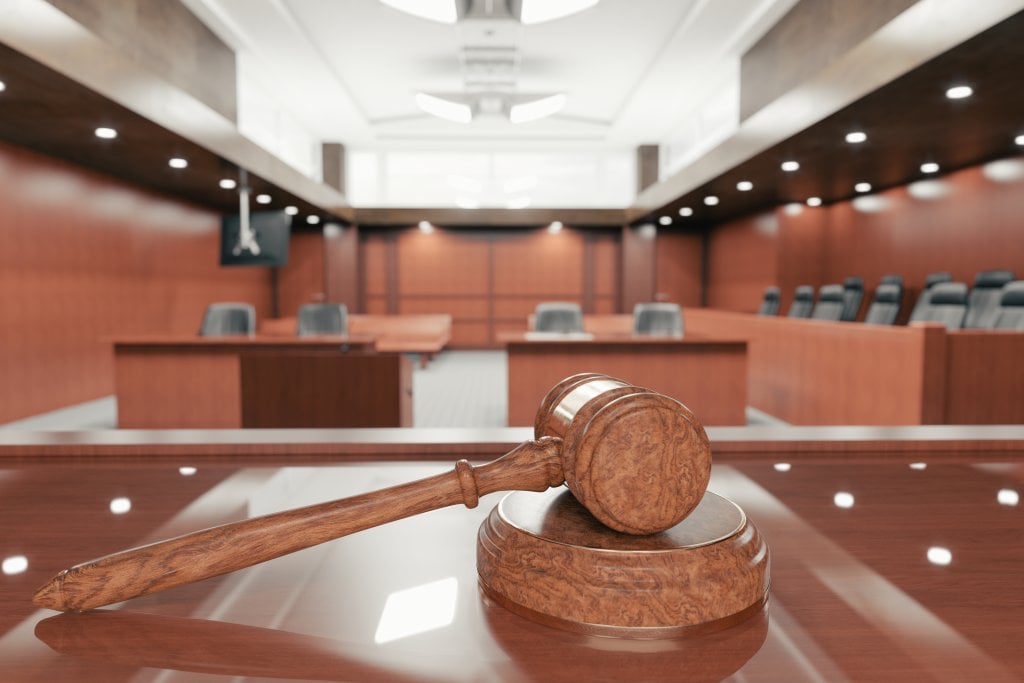Nigerian Pastor Jailed for COVID-19 Fraud

Edward Oluwasanmi, a Nigerian pastor, has been sentenced to 27 months in a United States federal prison for his central role in a multi-million-dollar scheme that defrauded the US government of $4.2 million in COVID-19 relief funds. His associate and long-time friend, Oba Joseph Oloyede, the Apetu of Ipetumodu in Osun State, Nigeria, was convicted alongside him and is awaiting sentencing.
The duo was apprehended in April 2024 after US federal authorities uncovered their fraudulent activities. They faced a total of 13 counts, including conspiracy to commit wire fraud, conspiracy to defraud, money laundering, and engaging in monetary transactions with criminally derived property. The core of their scheme involved submitting fraudulent applications for Paycheck Protection Program (PPP) loans and Economic Injury Disaster Loans (EIDLs), both components of the US Coronavirus Aid, Relief, and Economic Security (CARES) Act. This legislation, enacted in 2020, was designed to provide crucial financial support to businesses and non-profits struggling due to the COVID-19 pandemic.
From April 2020 through February 2022, Oluwasanmi and Oloyede allegedly submitted applications containing false information for various companies under their control. They also reportedly submitted falsified tax and wage documents to bolster these applications. Pastor Oluwasanmi leveraged his companies—Dayspring Transportation Limited, Dayspring Holding Incorporated, and Dayspring Property Incorporated—to illicitly obtain millions of dollars, which he subsequently diverted for personal expenses, violating US federal laws. Similarly, Oba Oloyede, who also held professional roles in accounting and information systems while residing in the US, used companies such as Available Tax Services Inc., Available Financial Corporation, and Available Transportation Company to facilitate the fraud.
In February 2025, Oluwasanmi pleaded guilty to some of the offenses as part of a plea bargain agreement. On July 2, Judge Christopher Boyko of the US District Court for the Northern District of Ohio (also referred to as the Ohio Eastern Division) delivered Oluwasanmi's sentence. He received 27 months of imprisonment on counts one, eleven, and twelve of the indictment, with all sentences ordered to run concurrently. Furthermore, the court mandated that Oluwasanmi pay a $15,000 fine and serve three years of supervised release per count, also to run concurrently. A significant part of the judgment requires Oluwasanmi to forfeit property connected to the proceeds of the wire fraud offenses, specifically a commercial property located at 422 South Green Road, South Euclid, Ohio. The court's ruling stated that all real and personal property derived from, or traceable to, the proceeds of the wire fraud and conspiracy convictions shall be forfeited to the United States.
Oba Joseph Oloyede, the first defendant in the suit, pleaded guilty to counts one and thirteen of the indictment on April 21, as part of his own plea agreement with federal prosecutors. He is scheduled to be sentenced on August 1, 2025, and has already surrendered property to the US government as part of his plea. The court determined that fake tax and wage documents were submitted to secure relief funds intended to assist financially distressed businesses during the pandemic's peak.
Meanwhile, the Osun State Government in Nigeria has reacted cautiously to the ongoing legal proceedings concerning Oba Oloyede. Kolapo Alimi, the state’s Commissioner for Information and Public Enlightenment, stated that authorities are closely observing developments but will withhold formal administrative action until the conclusion of legal proceedings in the US. Alimi emphasized the principle of presumed innocence, stating, “A person remains innocent until proven guilty by a competent court.” Prior to these legal developments, state officials had reportedly initiated a preliminary inquiry into Oba Oloyede’s prolonged absence from his community and apparent disengagement from his royal duties, which further underscores the sensitive nature of the case.






